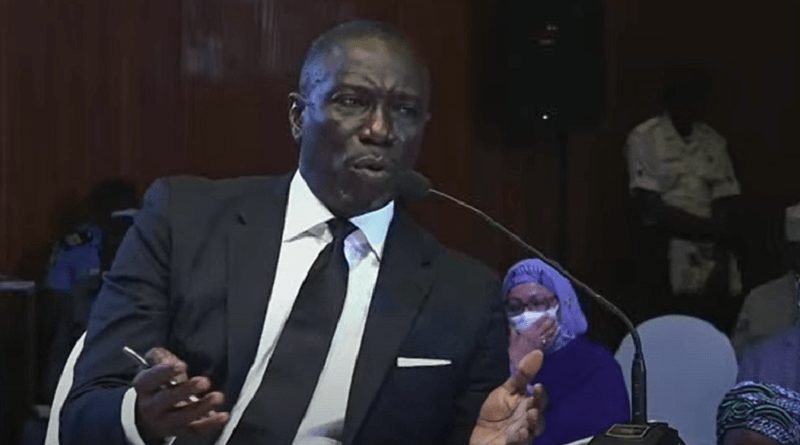Nigeria’s Economic Growth Hampered By Weak Infrastructure-NESG
The Nigerian Economic Summit Group has said that years of inadequate investments in infrastructure have impeded the nation’s economy growth.
In the fourth quarter of 2020, the Nigerian economy expanded by 0.11 per cent.
Advertisement
This means that the economy exited one of its worst recessions in the fourth quarter having posted a decline of 6.1 per cent and 3.6 per cent in the second and third quarter of 2020 respectively.
The non-oil sector was responsible for the improved GDP performance in fourth quarter of 2020.
The sector grew by 1.7% in the quarter.
Nigeria’s crude oil sector remained in recession with a negative growth of 19.8 per cent in the fourth quarter, mainly due to lower crude oil output.
Advertisement
The group, in its NES 26 report said that there is need for Nigeria to take drastic steps to prepare and attract foreign investments.
It stated, “Years of inadequate investment in infrastructure have impeded the Nigerian economy’s growth, with current indications suggesting Nigeria will be unable to meet its infrastructure development gap estimated to require $10bn over 30 years.”
The NESG, a private sector-led think-tank, said the COVID-19 pandemic had made investors to be apprehensive about making further investments in the Nigerian economy.
It added, “This is coupled with the fact that savings drastically diminished as people lost jobs and unemployment worsened.
“More broadly, with a 21 percent decline in global markets and 28 percent in Africa specifically, COVID-19 has adversely affected investment flows into Nigeria and worldwide.”
Advertisement
The group noted that the decline in global investment as occasioned by the COVID-19 pandemic has created a dismal outlook for Nigerian micro, small and medium enterprises.
It stated that even though they constitute over 70 percent of Nigerian businesses, the ability of Nigeria’s MSMEs to upscale is now limited more than ever.
“It is, therefore, pertinent that Nigeria takes proactive steps to prepare and open up early for foreign investment.
“Strategic moves to reposition the Nigerian investment landscape must include automation of investment processes, ease of doing business reforms, and investment promotion policies and incentives.
“Also imperative is the need for governments at all levels to urgently and actively mitigate divestments in their respective jurisdictions,” it stated.
The group stressed on the need for government to promote sectoral reforms that would help attract investments into key sectors.



